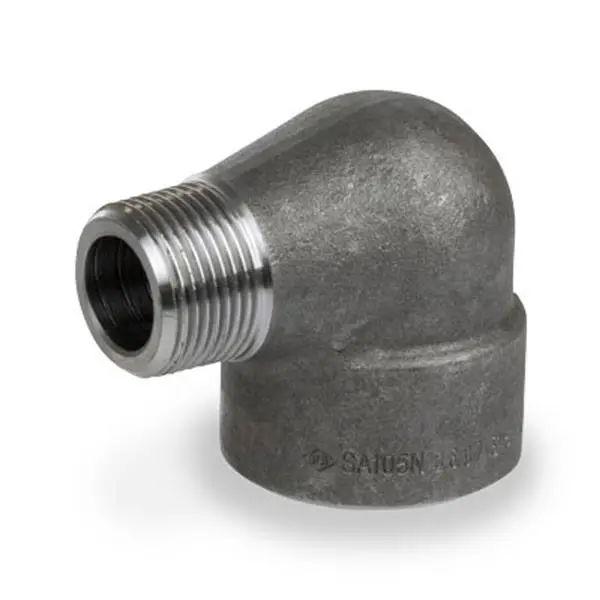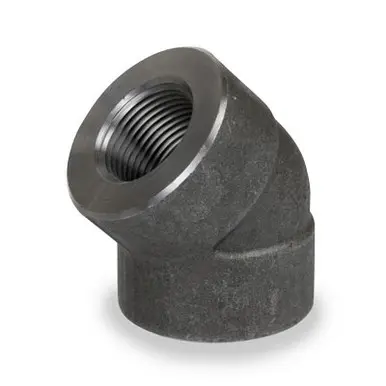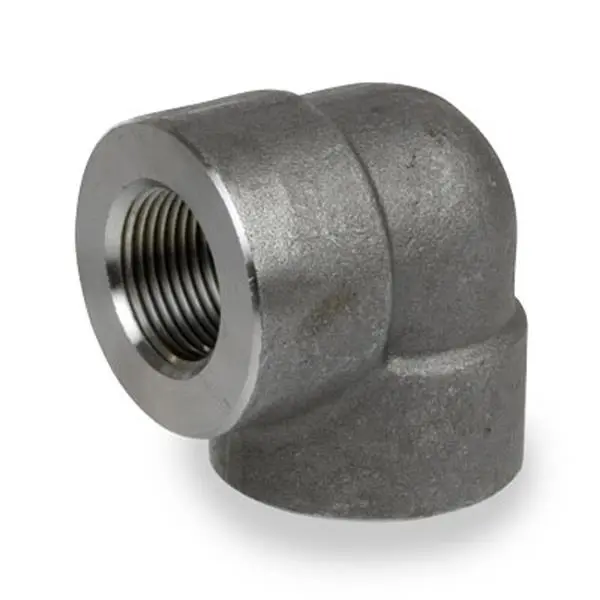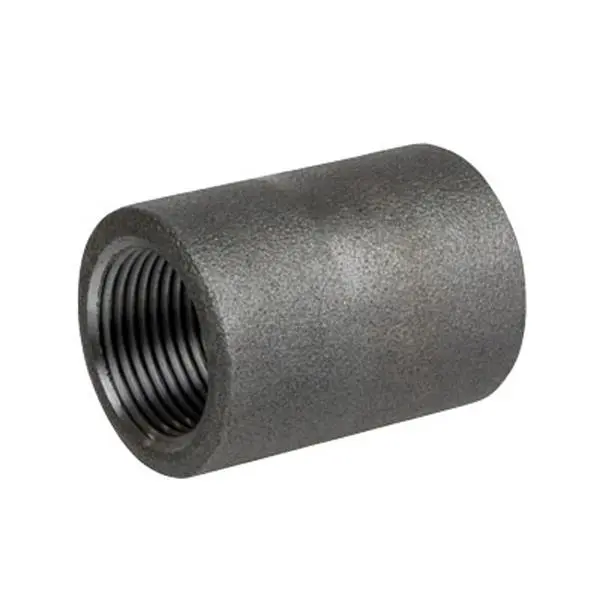- Afrikaans
- Albanian
- Amharic
- Arabic
- Armenian
- Azerbaijani
- Basque
- Belarusian
- Bengali
- Bosnian
- Bulgarian
- Catalan
- Cebuano
- Corsican
- Croatian
- Czech
- Danish
- Dutch
- English
- Esperanto
- Estonian
- Finnish
- French
- Frisian
- Galician
- Georgian
- German
- Greek
- Gujarati
- Haitian Creole
- hausa
- hawaiian
- Hebrew
- Hindi
- Miao
- Hungarian
- Icelandic
- igbo
- Indonesian
- irish
- Italian
- Japanese
- Javanese
- Kannada
- kazakh
- Khmer
- Rwandese
- Korean
- Kurdish
- Kyrgyz
- Lao
- Latin
- Latvian
- Lithuanian
- Luxembourgish
- Macedonian
- Malgashi
- Malay
- Malayalam
- Maltese
- Maori
- Marathi
- Mongolian
- Myanmar
- Nepali
- Norwegian
- Norwegian
- Occitan
- Pashto
- Persian
- Polish
- Portuguese
- Punjabi
- Romanian
- Russian
- Samoan
- Scottish Gaelic
- Serbian
- Sesotho
- Shona
- Sindhi
- Sinhala
- Slovak
- Slovenian
- Somali
- Spanish
- Sundanese
- Swahili
- Swedish
- Tagalog
- Tajik
- Tamil
- Tatar
- Telugu
- Thai
- Turkish
- Turkmen
- Ukrainian
- Urdu
- Uighur
- Uzbek
- Vietnamese
- Welsh
- Bantu
- Yiddish
- Yoruba
Carbon Steel Elbows: Durable 90° and Mild Steel Options
Hebei Gain Trading Co., Ltd.
Address: Malleable Iron Zone, Shijiazhuang, Hebei, China
Email: hbgain@aliyun.com
Phone: 86-15128155291
Website: www.szpipefitting.com
Featured Product
Product: Carbon Steel Forged 90° Elbow M&F 3000lbs
Material: ASTM A105 Carbon Steel
Size Range: 1/8" to 4"
Pressure Rating: 2000LB, 3000LB, 6000LB
Compliance: ASME B16.11, ASTM A182
Carbon Steel Elbow Industry Overview
In modern piping systems, carbon steel elbow fittings play a critical role in directional change applications. The carbon steel 90 degree elbow remains the industry standard for right-angle directional changes due to its superior pressure resistance and durability. According to the American Society of Mechanical Engineers (ASME) standards, mild steel elbows manufactured under ASTM A105 specifications offer exceptional performance in high-temperature and high-pressure applications.
Recent industry data shows that the global market for carbon steel elbows is projected to grow at 5.2% CAGR through 2028, driven by expansion in oil & gas infrastructure and water treatment facilities. Carbon steel 90 degree elbows account for over 60% of the directional fitting market due to their versatility and efficient flow characteristics. When selecting between mild steel elbows and stainless alternatives, engineers must consider corrosion requirements, pressure specifications, and temperature ranges to ensure optimal system performance and longevity.




Technical Specifications Comparison
| Parameter | 90° Elbow | 45° Elbow | Long Radius | Short Radius |
|---|---|---|---|---|
| Pressure Rating | 2000-6000 PSI | 2000-6000 PSI | 3000 PSI max | 3000 PSI max |
| Temperature Range | -20°F to 850°F | -20°F to 850°F | -20°F to 750°F | -20°F to 750°F |
| Material Grade | ASTM A105 | ASTM A105 | ASTM A234 WPB | ASTM A234 WPB |
| Flow Efficiency | 87-92% | 90-95% | 94-98% | 85-90% |
| Corrosion Resistance | Medium | Medium | Medium-High | Medium |
Pressure Tolerance by Material
Temperature Resistance Comparison
Global Demand by Application
Industry Applications of Carbon Steel Elbows
Oil & Gas Pipelines
Carbon steel 90 degree elbows withstand pressures exceeding 3000 PSI in pipeline distribution systems. According to API 5L standards, mild steel elbows provide excellent resistance to hydrogen-induced cracking in sour gas applications.
Chemical Processing
ASME B31.3 compliant carbon steel elbows handle corrosive media at temperatures up to 800°F. Special coatings enhance corrosion resistance in acid transfer applications where standard stainless steel would suffer chloride stress cracking.
Power Generation
In steam generation systems, ASTM A105 mild steel elbows maintain structural integrity at 650°F operating temperatures. Pressure ratings match ASME B16.11 Class 3000 specifications for boiler feedwater systems.
Technical FAQ: Carbon Steel Elbows
Q: What distinguishes ASTM A105 from other carbon steel grades?
A: ASTM A105 is specifically standardized for forged carbon steel piping components including carbon steel elbows. Its chemical composition limits carbon to 0.35% max and manganese to 0.6-1.05%, optimizing weldability and strength for pressure-containing parts.
Q: How do pressure ratings (3000lb vs 6000lb) affect elbow selection?
A: Pressure class determines wall thickness and connection design. ASME B16.11 Class 3000 carbon steel 90 degree elbows handle up to 7,500 PSI at 100°F, while Class 6000 fittings withstand 15,000 PSI. Selection depends on system operating pressure with safety margins.
Q: When should threaded versus welded connections be used?
A: Threaded connections (NPT/BSP) suit mild steel elbows provide superior integrity for >2" systems, high-vibration environments, and temperatures exceeding 400°F per ASME B31.1 guidelines.
Q: What protective coatings enhance corrosion resistance?
A: Industrial solutions include hot-dip galvanizing (per ASTM A153), epoxy coatings (SSPC-SP 6), and Xylan® fluoropolymer finishes. For chemical processing, electroless nickel plating extends service life of carbon steel elbows in pH 4-10 environments.
Q: How does temperature affect pressure rating?
A: Pressure tolerance decreases with temperature. For example, Class 3000 carbon steel 90 degree elbows rated for 3,000 PSI at 100°F de-rate to 1,750 PSI at 500°F per ASME B16.11 Appendix II. Material selection must account for both thermal and pressure stresses.
Q: What inspection methods ensure quality compliance?
A: Industry standards mandate: (1) 100% dimensional verification to ASME B16.11 tolerances, (2) magnetic particle testing per ASTM A275 for critical mild steel elbows, and (3) hydrostatic testing at 1.5x rated pressure for pressure-retaining components.
Q: How are elbows sized for flow efficiency?
A: Computational Fluid Dynamics analysis reveals that long-radius (1.5D) carbon steel elbows reduce pressure drop by 40-60% compared to short-radius (1D) designs. For turbulent flows, Reynolds numbers >4000 require L/R ≥1.5 to minimize energy loss per ASHRAE fundamentals.
Manufacturing Excellence
Hebei Gain Trading utilizes closed-die forging processes that increase carbon steel elbow density by 15-20% compared to casting methods. Our proprietary heat treatment cycle includes:
- Normalization at 1650-1700°F followed by controlled cooling
- Quenching in polymer solutions to achieve optimal hardness gradients
- Tempering between 1100-1250°F to reach 22-25 HRC hardness
This metallurgical process enhances yield strength to 36 ksi minimum for ASTM A105 carbon steel 90 degree elbows, exceeding ASME B16.11 requirements. Our production facility maintains ISO 9001:2015 certification with fully traceable material records from melt to final inspection.
Industry References & Technical Standards
- ASME B16.11-2020: Forged Fittings, Socket-Welding and Threaded
- ASTM A105/A105M-21: Specification for Carbon Steel Forgings for Piping Applications
- API 5L 46th Edition: Specification for Line Pipe
- "Corrosion Behavior of Carbon Steel Piping Components" - Journal of Materials Engineering (2022) DOI:10.1016/j.jmatpro.2022.117539
- "Optimization of Pressure Vessel Fittings" - ASME Pressure Vessel Technology Conference Proceedings PVP2021-00822
- EPRI Technical Report: "Materials for Power Plant Cooling Systems" ID:1022494
